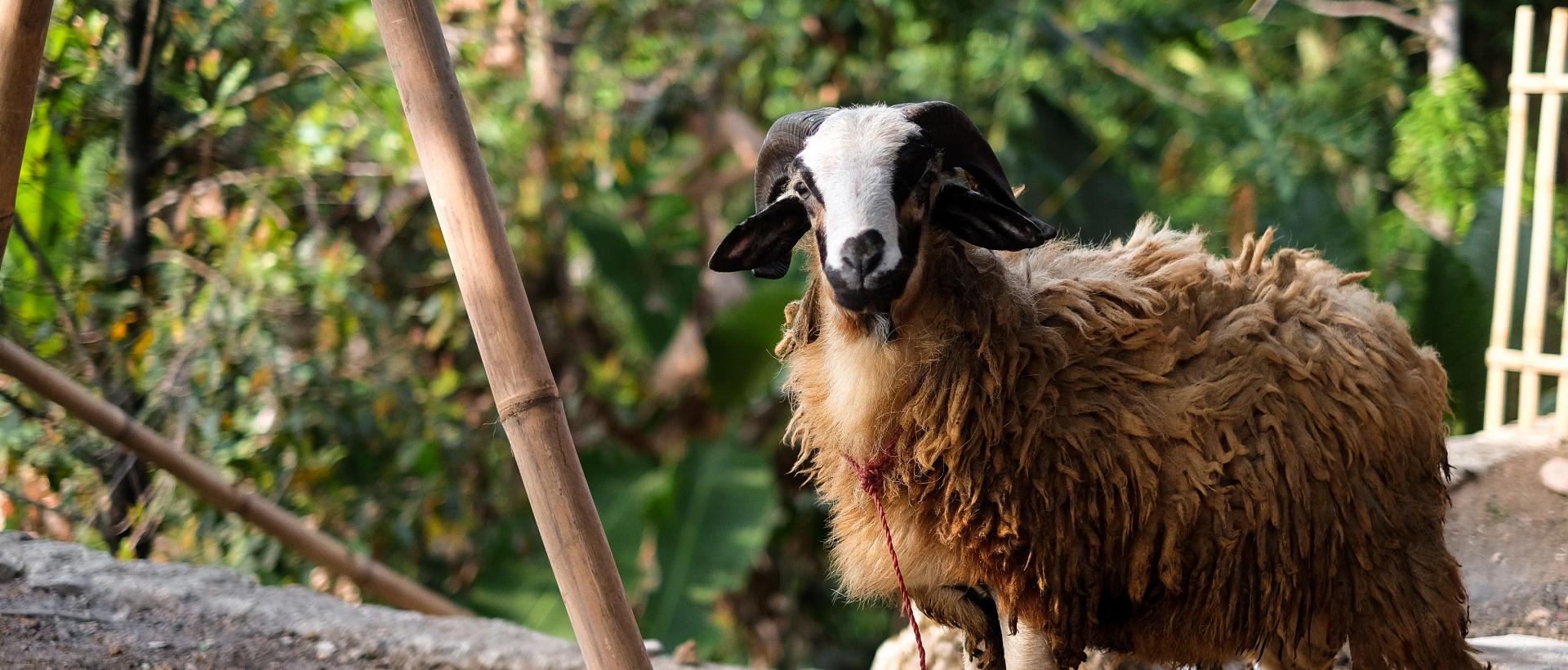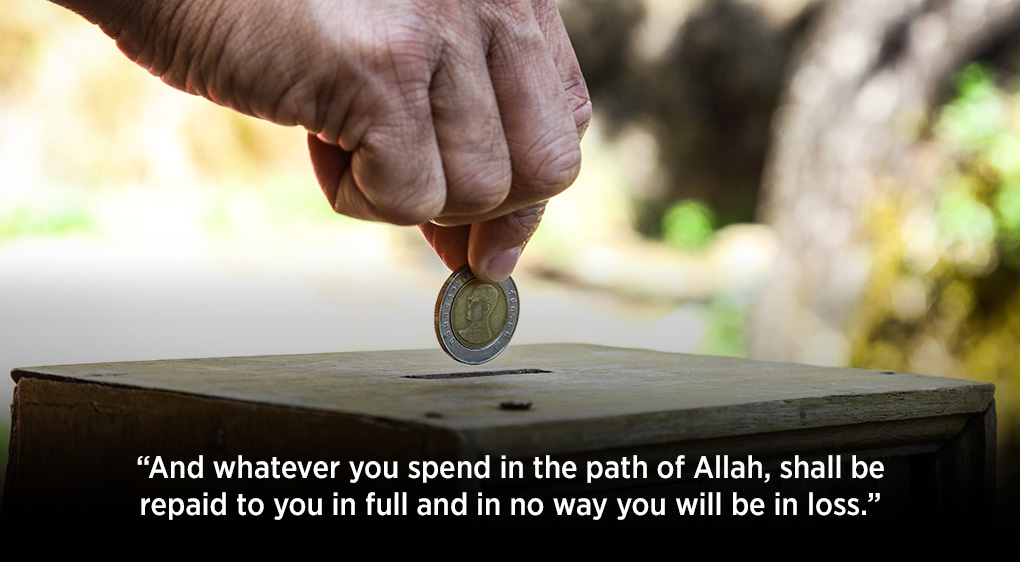
Posted: May 03 2023
WHAT CAN BE LEARNT FROM THE
TEACHINGS AND RITUALS OF QURBANI?
The rhythm and rituals of the Islamic calendar help Muslims to keep focused on living a true and righteous life in accordance with the teachings of Allah (SWT). The obligation to mark these festivals shapes Muslim communities the world over, bringing friends and family together to discuss teachings, celebrate their faith, and of course, eat good food.
The disparity in the global distribution of wealth often means that those Muslims in poorer, developing countries or territories where there is a severe lack of investment in infrastructure, leading to poverty, homelessness, and hunger, cannot celebrate in the same way as wealthier communities in Western countries. They do not have access to food and do not meet the Nisab threshold, which means that their income releases them from the obligation to perform their own Qurbani.
Weaved into the rituals and significance of Qurbani is the opportunity for wealthier Muslims to make a Qurbani donation to those who are vulnerable and needy and unable to perform their own Qurbani.
The Story and Significance of Qurbani
Deep in sleep one night, the Prophet Ibrahim (AS) was paid a visit by Allah (SWT), who requested that he sacrifice the thing that is most precious to him. Upon waking, the Prophet was saddened to realise that the thing most precious to him was his son, Ismail (AS). Knowing that Allah (SWT) would not make this request of him without reason, the Prophet discussed the request with his son, and they made plans to ascend to the top of Mount Arafat and carry out Allah’s (SWT) wish.
When they reached the summit, Ismail (AS) asked his father to bind his arms and legs so that he would not struggle during the sacrifice. He also requested that his father cover his own eyes with a blindfold to spare him from the pain of having to witness the sacrifice of his son.
When the deed was completed, the Prophet Ibrahim (AS) removed his blindfold and found that in the place of his son was a ram. The story of Qurbani explains how, at the last moment, Allah (SWT) recognised the great sacrifice that the Prophet Ibrahim (AS) had agreed to make in his honour and decided to spare Ismail’s (AS) life by swapping him for a ram, as a sign of his deepest gratitude.
Demonstrating a Deep Faith in Allah (SWT)
This story is told to Muslims throughout the world to explain what Qurbani is and why we do Qurbani. The word itself means ‘offering’ and is the ritual of sacrificing an animal – usually a goat, sheep, cow, or camel, during the month of Dhul Hijjah, the 12th and final month of the Islamic calendar. The sacrifice of Ismail (AS) by his father, the Prophet Ibrahim, is illustrative of his deep faith and commitment to Allah (SWT). This deep faith is, in turn, recognised by Allah (SWT), who rewards the Prophet by sparing his son and placing a ram in his place.
The story also illustrates an act of submission, in which Prophet Ibrahim (AS) submitted to the will of Allah (SWT) despite the pain and suffering it might cause him. This submission is further proof of the strength of an individual’s faith and belief in the teachings of Allah (SWT).
Qurbani is compulsory for all non-disabled Muslim adults who have an income level that meets the Nisab threshold. A Qurbani donation fulfils the teachings of Zakat, or charity, which is the Third Pillar of Islam. Providing for the needy is an important feature of being a good Muslim. The Prophet (PBUH) stated multiple Qurbani hadiths, including: “Give charity without delay, for it stands in the way of calamity.” (Tirmidhi) There’s a lot to be said about Qurbani in the Qur’an, such as sacrificing your wealth is a way in which you can protect yourself from tragedy and misfortune. Yet, more importantly, it is also considered better to give than to receive. It is a way to bring equality, balance, compassion, and kindness to every society, rich and poor, young and old.
The Importance of Charity
As well as the desire for an individual to perform charity is the drive to become a good Muslim; more importantly, the hundreds and thousands of those who are in need and vulnerable in poorer countries across the globe have the opportunity to celebrate Eid al-Adha with good, nutritious food. Added to this, when a wealthier Western Muslim chooses to donate their Qurbani online through a charity such as Orphans in Need, that donation is used to purchase and slaughter the animals with farmers and suppliers in local communities in the country of choice.
This means that the communities as a whole benefit in the longer term. The charity will work with the suppliers over a period of time, placing orders during the breeding season to ensure that the available animals are age-appropriate and in good condition, well cared for, and well-fed. This helps create a long-term, sustainable supply chain that provides stability and employment opportunities in areas where there is often unpredictability and hopelessness.
Your Qurbani donation doesn’t just help you to be a good Muslim – it helps you to be a good human being.
You can donate your Qurbani online through Orphans in Need.







